- Home›
- Healthy Living›
- 10 Foods That Can Destroy Your Bones
10 Foods That Can Destroy Your Bones
By: Priyanka Maheshwari Thu, 04 May 2023 4:35:52

Maintaining good bone health is important throughout life, but it becomes particularly crucial as we age. Bone loss can occur naturally over time, leading to conditions like osteoporosis, which weakens bones and makes them more prone to fractures. There are several factors that can affect bone health, including genetics, diet, physical activity, and lifestyle habits like smoking and alcohol consumption.
To maintain strong and healthy bones, it's important to consume a balanced diet rich in essential bone-healthy nutrients like calcium, vitamin D, and magnesium, engage in regular weight-bearing exercise, quit smoking, limit alcohol consumption, and get regular bone density screenings as recommended by your healthcare provider. In this article, we will discuss 10 foods that can destroy your bones.

Soda
Soda is known to have a negative impact on bone health and can contribute to bone loss over time. Drinking soda regularly can cause your body to lose calcium, which is essential for building and maintaining strong bones. The phosphoric acid in soda can also interfere with calcium absorption, making it harder for your body to absorb the calcium it needs for bone health. Additionally, soda is often high in sugar and calories, which can contribute to weight gain and obesity, both of which are risk factors for bone loss.
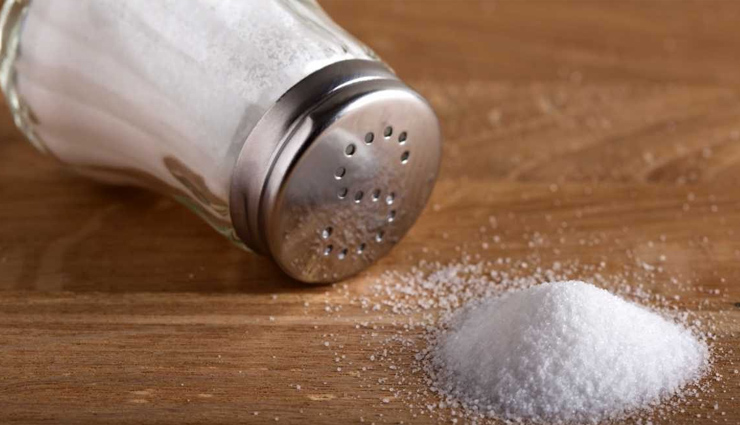
Salt
Consuming too much salt can have a negative impact on bone health and can contribute to bone loss over time. Salt causes the body to excrete calcium, which is a key nutrient for building and maintaining strong bones. When calcium is lost from the body, bones become weaker and more susceptible to fractures. Additionally, consuming high levels of salt can lead to increased levels of acidity in the body, which can cause the body to release calcium from the bones to neutralize the acid.

Alcohol
Excessive alcohol consumption can have a negative impact on bone health and can contribute to bone loss over time. Drinking too much alcohol can interfere with the absorption of calcium and other essential nutrients needed for healthy bones. Alcohol also affects the liver, which plays a role in converting vitamin D into its active form. Vitamin D is essential for calcium absorption and bone health. Additionally, excessive alcohol consumption can lead to decreased bone density, making bones weaker and more susceptible to fractures.

Caffeine
Consuming too much of caffeine can have a negative impact on bone health and can contribute to bone loss over time. Caffeine is a mild diuretic, which means it causes the body to excrete fluids and can lead to calcium loss. Additionally, caffeine can interfere with the absorption of calcium and other essential bone-healthy nutrients. However, moderate caffeine consumption (less than 400 mg per day, or about 4 cups of coffee) does not appear to have a significant negative impact on bone health in most people.
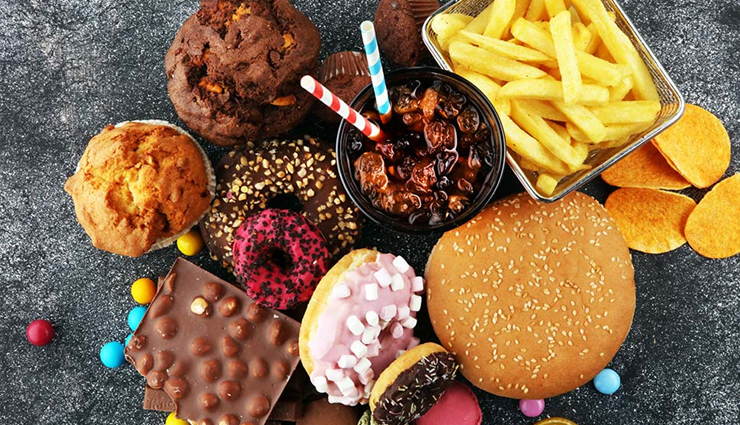
Processed foods
Processed foods are high in sodium, which can cause the body to excrete calcium, a key nutrient for building and maintaining strong bones. Additionally, processed foods often contain high levels of refined sugar and unhealthy fats, which can lead to weight gain and obesity, both of which are risk factors for bone loss. Furthermore, processed foods are often lacking in essential bone-healthy nutrients, such as calcium, vitamin D, and magnesium.
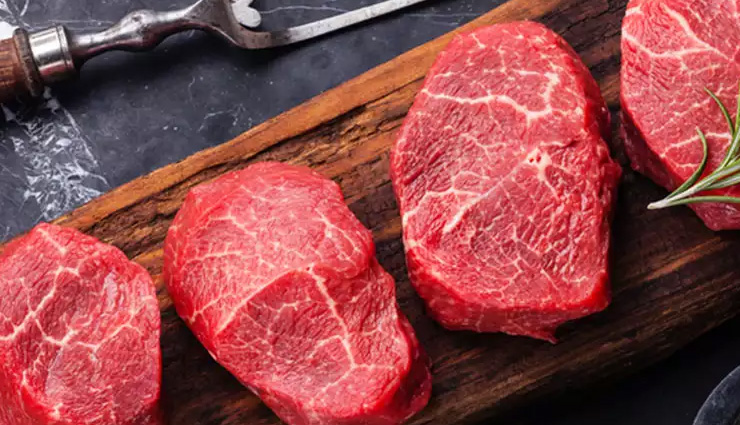
Red meat
Red meat is high in protein and acid, which can cause the body to excrete calcium, a key nutrient for building and maintaining strong bones. Additionally, red meat is often cooked at high temperatures, which can produce harmful compounds that interfere with the body's ability to absorb calcium and other essential bone-healthy nutrients. However, moderate consumption of lean red meat (such as beef, pork, and lamb) can provide important nutrients such as protein, iron, and zinc that are important for bone health.
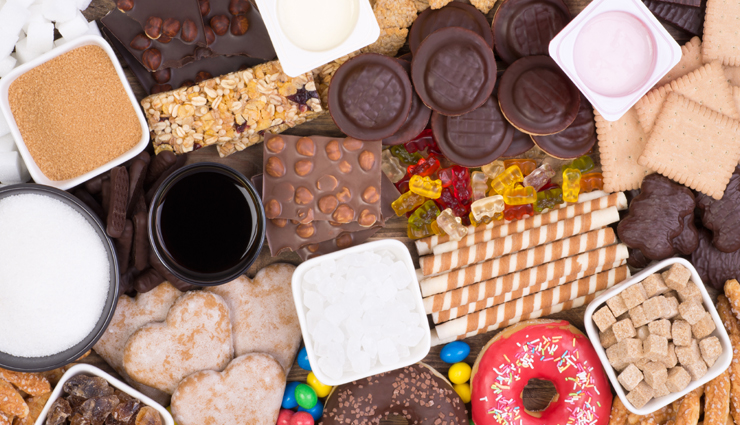
High-sugar foods
High-sugar foods can have a negative impact on bone health and can contribute to bone loss over time. When you consume high-sugar foods, your body produces insulin to help regulate blood sugar levels. However, high levels of insulin can interfere with the body's ability to absorb calcium, a key nutrient for building and maintaining strong bones. Additionally, high-sugar foods are often lacking in other essential bone-healthy nutrients, such as vitamin D and magnesium. Furthermore, consuming too much sugar can lead to weight gain and obesity, both of which are risk factors for bone loss.
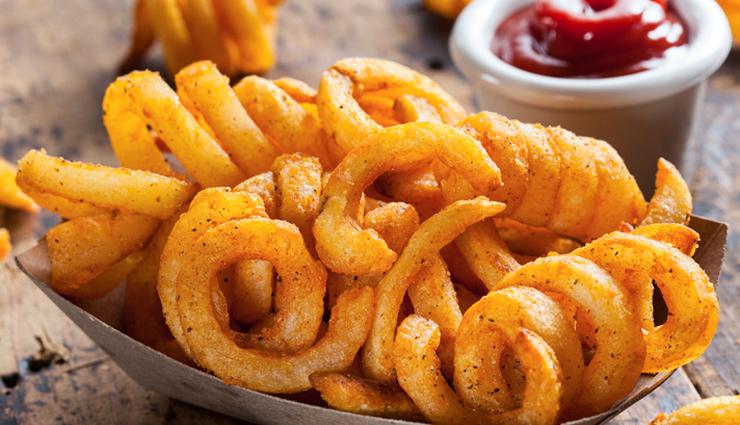
Fried foods
When foods are fried at high temperatures, harmful compounds are produced that can interfere with the body's ability to absorb calcium, a key nutrient for building and maintaining strong bones. Additionally, fried foods are often high in unhealthy fats and calories, which can lead to weight gain and obesity, both of which are risk factors for bone loss. Furthermore, fried foods are often lacking in essential bone-healthy nutrients, such as calcium, vitamin D, and magnesium.
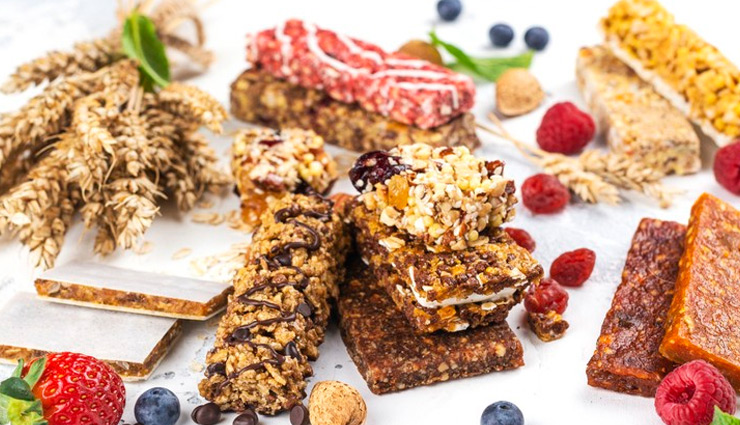
Excessive protein
When you consume too much protein, your body produces more acid, which can lead to a loss of calcium from the bones. Additionally, high levels of protein intake may lead to a decrease in calcium absorption, further contributing to bone loss. However, it's important to note that moderate protein intake is still essential for building and maintaining strong bones. The recommended daily protein intake for adults is approximately 0.8 grams of protein per kilogram of body weight.

High sodium foods
When you consume high levels of sodium, your body excretes more calcium in the urine, which can lead to bone loss over time. Additionally, high-sodium foods are often processed and lacking in other essential bone-healthy nutrients, such as calcium, vitamin D, and magnesium. Furthermore, consuming too much sodium can lead to high blood pressure, which is a risk factor for osteoporosis and bone loss.





